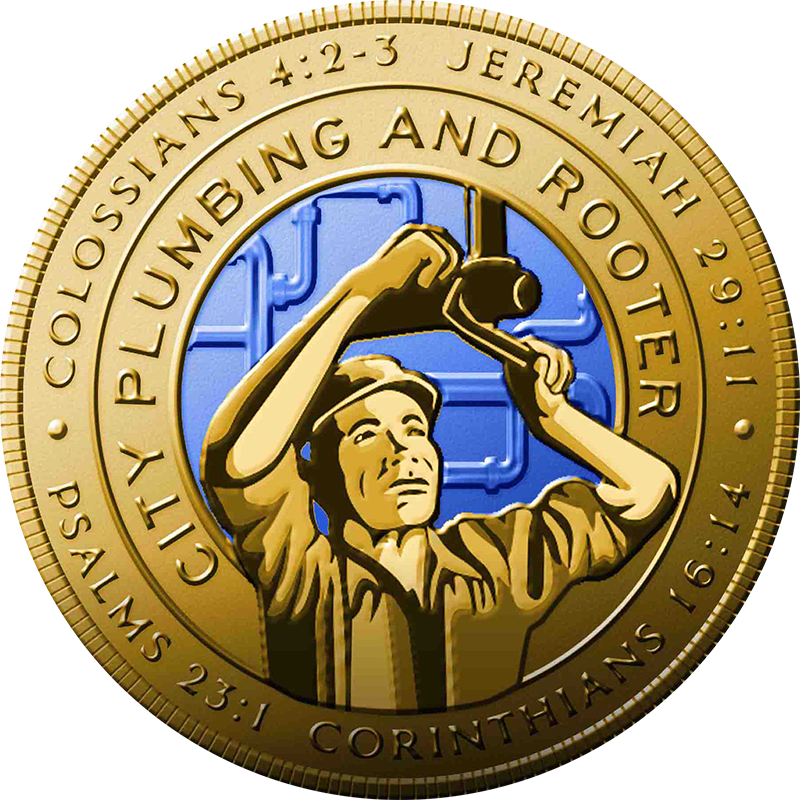Serving Southern california
Call Now: (818) 280-6080
Navigating the world of homeowners insurance can sometimes feel like diving into murky waters, especially when plumbing issues arise. While we hope never to encounter significant plumbing disasters, it's essential to know what your insurance might cover if they do happen. With over 20 years in the plumbing industry, City Plumbing and Rooter is here to shed some light on this often confusing topic.
Understanding Homeowners Insurance and Plumbing
Homeowners insurance is designed to provide financial protection against unexpected damage, not routine maintenance or wear and tear. Therefore, it's crucial to understand what situations might qualify.
Plumbing Issues Typically Covered by Insurance
Although every homeowners insurance policy is different, policies typically cover the following types of situations:
- Sudden and accidental discharge. If a pipe unexpectedly bursts and causes damage, your insurance will likely cover the water damage. However, repairing the actual pipe might be out-of-pocket.
- Water damage from extinguishing a fire. If your home experiences a fire and the efforts to put it out lead to water damage, your insurance will typically cover this.
- Vandalism. If someone intentionally damages your plumbing (and you're not at fault), insurance usually covers the repairs.
- Damage from a weight of ice, snow, or sleet. In colder climates, the weight from ice and snow can damage a home, including its plumbing systems. Most policies cover this type of damage.
- Overflow or discharge of a system or appliance. If your water heater suddenly gives out or your washing machine overflows and causes damage, your policy may cover it.
Plumbing Issues Typically Not Covered
There are many situations in which an insurance claim may be denied. Here are some instances that insurance may not cover:
- Gradual damage. This refers to damage occurring over time, such as a slow leak, rust, or gradual deterioration. Since these issues are often attributed to neglect or wear and tear, they aren't usually covered.
- Sewer or drain backups. Standard homeowners policies don't cover sewer backups. However, you can often purchase additional coverage specifically for this.
- Poorly executed repairs. If damage occurs because of shoddy workmanship or DIY projects gone wrong, insurance won't typically cover the costs.
- Damage from lack of maintenance. Neglecting regular maintenance and checks can lead to larger problems down the road, which insurance won't cover.
Maximizing Your Coverage: Tips for Homeowners
In order to get the most out of your insurance coverage, it's important to:
- Perform regular maintenance. Schedule routine inspections and maintenance. Prevention is better (and often cheaper) than cure.
- Document everything. If an issue arises, take photos before repairs begin. This provides a record for your insurance company.
- Understand your policy. Familiarize yourself with the specifics of your policy, including any plumbing-related clauses or exceptions.
- Ask about add-ons. Some plumbing issues, like sewer backups, may be covered by additional policies or riders. It's worth asking your insurance agent.
When Disaster Strikes, Call City Plumbing and Rooter
While homeowners insurance can offer peace of mind in many plumbing emergencies, it's not a catch-all solution. Being informed and proactive can save headaches and financial surprises down the line. If you're facing plumbing challenges, remember that City Plumbing and Rooter is here to help, providing transparent and expert service for over two decades.
#1 PLUMBING SERVICE LOS ANGELES & VENTURA COUNTY
Find a plumber in your city
At City Plumbing & Rooter, we have over two decades of experience assisting southern California communities with high quality plumbing repair, maintenance, and installation services. From clogged toilets and water heater repair to emergency services, you can trust our professional team to always be there for you. To take a look at the areas we serve, navigate to the map on the left and find your location!
Contact Us
For more information about scheduling an inspection, call us at (818) 280-6080 or complete the contact form below.
Contact Us
We will get back to you as soon as possible.
Please try again later.
What happens after I send my message?
Our team will review your information.
A staff member will contact you as soon as possible.
We will work with you to schedule your service.
Contact information
Address
20038 Arminta St, Winnetka, CA 91306
Our Services
Quick Links
Business Hours
- Monday
- -
- Tuesday
- -
- Wednesday
- -
- Thursday
- -
- Friday
- -
- Saturday
- -
- Sunday
- Closed
Contact Us
City Plumbing and Rooter
Main Office: 20038 Arminta St, Winnetka, CA 91306
CA License # 1052386








